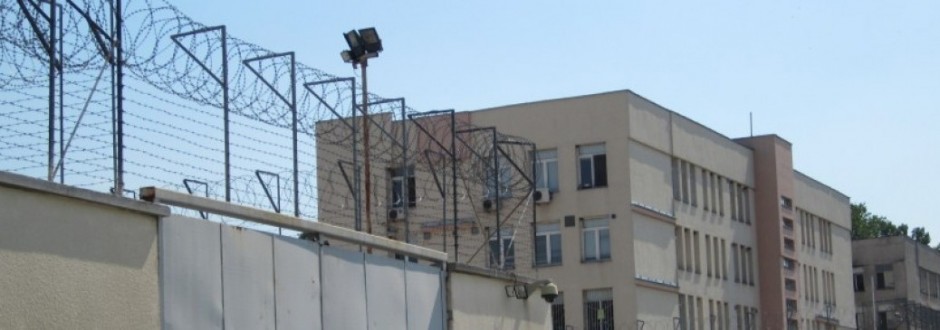In February 2016, Bordermonitoring Bulgaria (BMB) obtained the story of an asylum seeker who was kicked out of the camp in Ovcha Kupel for allegedly being absent for three days without giving notice. After he got kicked out, he found a restaurant where started to work and live. In the meantime his asylum procedure finished with a negative decision and in addiction, the man lost his job. He went to the camp in Ovcha Kupel to hide, because he did not have any other place to stay. One night, he was found by the migration police which entered to check the camp and took him to Busmantsi. There he got no information, what will happen next to him.
Other people BMB spoke to, who where deported back to Bulgaria due to the Dublin regulation, also spent days and weeks in Busmantsi. There they were given no information about what will happen to them. Similar experiences were recently shared in a report by the Center for Legal Aid (CLA). In October 2016, the Foundation for access to Rights (FAR), came up with a new project and a remarkable report about detained immigrants in Bulgaria.
In July 2016, a demonstration took place in front of the detention camp in Busmantsi. It addressed the psychical and physical violence and the fact that people are being held there, because they crossed the border illegally or did not have a legal status. The protest was responded from the prisoners by chanting slogans. Later on, a prisoner told BMB he was not allowed to go on the toilet. Others told about the ’non-information‘ strategy of the Bulgarian authorities and their desperation. The practice of waiting in detention centers, behind bars for months, until migrants are brought to an open camp, exists until today. It is even used for unaccompanied minors and families, who have to spend time in the closed camps.
Already in 2012, 2013 and 2014, BMB witnessed several hunger strikes that took place in the two detention centers, which are based in Lyubimets and Busmantsi. Most of the time, they were staged against the conditions in the camps but also against the violence. The police often did not know how to react and answered with additional violence. We conducted proof of misbehavior of the police inside the centers via numerous interviews with refugees who experienced violence. A Syrian refugee, already interviewed in August 2012, told about his times in Busmantsi in 2011:
They really behaved very wicked with us. Without respect, without anything, they have offended us all the time.
In the year 2013, in July, 30 people organized a protest against the circumstances in Busmantsi. They went on a hunger strike. In September 2013, 50 people from Syria declared a hunger strike. Numerous protests and strikes occurred in the detention center in Lyubimets. The biggest incident in 2013 was a hunger strike in November. Hundreds of refugees participated and the strike turned into a revolt, several refugees and as well police men were injured.
In August 2013, BMB interviewed several Syrians in Banya, who were part of a group in the Detention Center of Lyubimets that refused to drink and to eat in Lyubimets, in October 2012, because they couldn’t get any information about the procedure of their asylum application. In addition, another Syrian reported, that eight asylum seekers were beaten up in October 2012, after they started an intervention against the violence of the police towards another Syrian that was beaten from the police around 10pm. They started shouting:
Why are you beating us? We are refugees.
The police did not stop, so the group of Syrians started to make more noise and threatened, that they will break the door to help the victim. After the police stopped with the beating, they heard the voice of people coming up the stairs:
The big chef and 20 police, when they came upstairs, they told everybody to go to his room. They locked the room, they went down they checked the cameras. They saw each and everybody who was shouting, who was hitting the door and everything. They just came back, picked one by one and took them downstairs. They locked them like this, with the hands beside and they started beating them.
Many refugees told BMB also about the existence of a few isolation cells, where they had to stay for days and sometimes weeks. After several talks to authorities and migrants BMB assumed that bringing migrant prisoners to isolation cells in Busmantsi and Lyubimets, is an established punishment practice. Since 2012, the number of detained migrants has been rising. Crossing the border illegally is still a crime, due to the Bulgarian law. BMB calls for its abolition and for a stop of the violence inside the detention centers. Isolation cells and the ’non-information‘-practice have nothing to do with international human rights.
